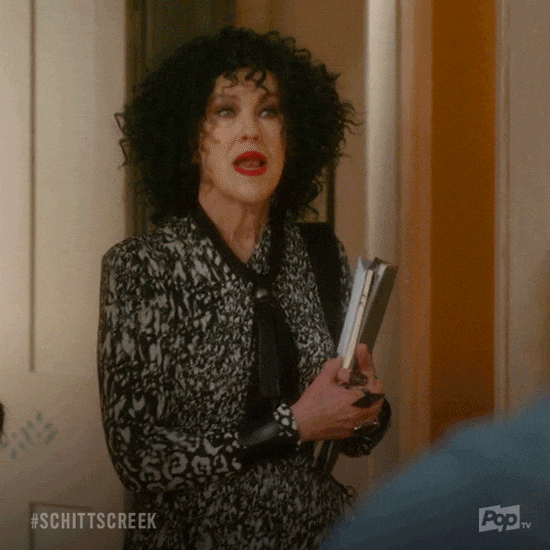Menopause-Proof Your Retirement Portfolio
Nearly 70% of women say they’ve never met with a financial advisor. This doesn't have to be you.
INSIDE THIS ISSUE
Understand what real diversification means beyond "stocks and bonds"
Learn what to ask your financial advisor about how your investments move together
Discover three key elements of a menopause-resistant investment approach
WHY YOUR PORTFOLIO NEEDS A MENOPAUSE MAKEOVER
Make no mistake—your investments need more protection during menopause than just "having some stocks and bonds." True diversification means understanding how your investments move in relation to each other.
Let me tell you something—the secret isn't just about having different types of investments with different names. It's about having investments that don't all crash at the same time. I've seen too many women who think they're diversified because they own multiple mutual funds, not realizing those funds contain basically the same investments! When one drops, they all drop.
What you want is a mix where some investments zig while others zag. When the stock market tumbles, you want something else in your portfolio actually going UP in value. For example, when stocks crashed during the 2008 financial crisis, certain government bonds actually gained value.
What connects our experiences as perimenopausal women is needing financial flexibility precisely when life becomes less predictable. You don't have to build this portfolio yourself, but you do need to have the right conversation with your advisor.
ADVISOR CONVERSATIONS: QUESTIONS THAT PROTECT YOUR WEALTH
Take it from me, your financial advisor should be able to answer these questions in clear, plain language:
"When the stock market drops significantly, which parts of my portfolio are designed to stay steady or even go up?"
"Are my different investments truly different, or do they all move in the same direction when markets change?"
"How would my portfolio have performed during the 2008 financial crisis?"
"If I needed money during a market crash, which investments could I sell without locking in big losses?"
"Given my menopause journey and potential health expenses, how have you balanced my need for growth against protection from market volatility?"
If your advisor starts throwing around technical terms without explaining them, or dismisses these questions as "too complicated for you to understand"—believe that it's time to find an advisor who respects your financial intelligence.
WHAT TO ASK FOR: YOUR MENOPAUSE-PROOF APPROACH
Here are the key elements you should discuss with your financial advisor during this transition:
Request investments that move differently from each other to protect your money during market crashes. Ask specifically about which investments in your portfolio are designed to perform well when others might be suffering.
Ask for investments that pay you regularly to cover increased health expenses. Discuss dividend-paying stocks and bonds that provide cash payments every few months regardless of market volatility.
Ensure you have money easily accessible for unexpected menopause-related costs. Discuss how much of your portfolio should be in cash or cash-like investments so you're not forced to sell long-term investments at a loss when you suddenly need money for healthcare.
Now listen here—your investment strategy isn't a set-it-and-forget-it approach. Just like you're adjusting to your changing body, your financial plan needs regular check-ins too.
LET'S CONNECT
Women in menopause are rarely taught these financial strategies, yet we need them more than ever. I'm asking you to share this information with three women in your life who are navigating perimenopause or menopause right now.
Send them a text with a link to this article, or better yet, bring it up over coffee. Say "I read something that made me think of you" and pass along this knowledge that could protect their financial future during this transition.
You hear what I'm saying? Financial security during menopause isn't just about how much money you have—it's about how thoughtfully that money is arranged.





